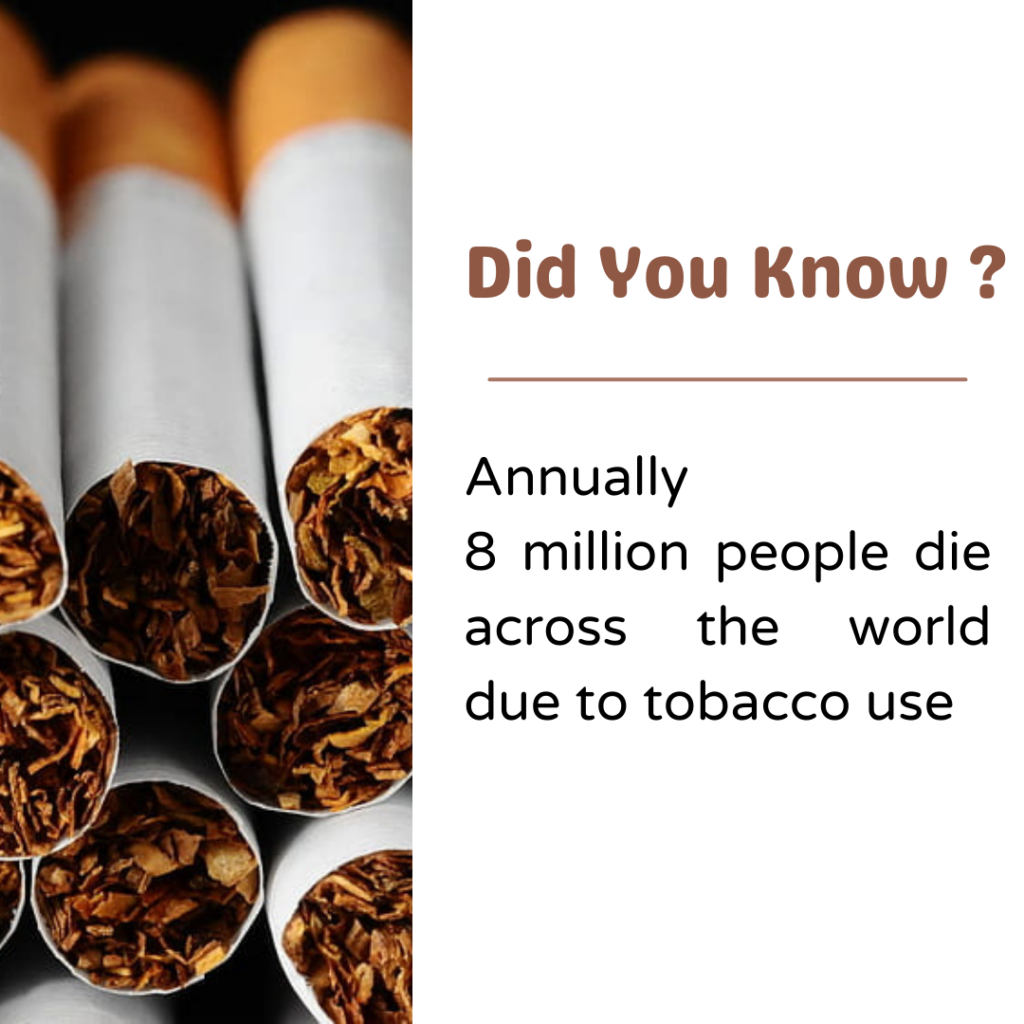We firmly endorse Tobacco Bill No. 10 of 2022, and here is why.
As your institute mandated to address public health security in the country, we cannot keep quiet on tobacco. This proposed Bill amendment brings us close to protecting our communities’ well-being and a critical step toward preserving public health. Tobacco use is still one of the biggest preventable, and indeed totally avoidable causes of mortality and disease on the globe.
The World Health Organization (WHO) estimates that tobacco use causes over 8 million fatalities yearly, of which over 7 million are directly related to tobacco use and over 1.2 million are caused by secondhand smoke exposure for non-smokers. Tobacco-related ailments have a detrimental effect on Zambia’s already precarious healthcare system and economy.

While there are arguments about the economic contributions of tobacco use, its public health implications are in our view, more important and must be carefully watched and regulated strongly.
The bill contains praiseworthy provisions for the regulation of the tobacco industry, which directly or indirectly impact public health. By adhering to the Framework Convention on Tobacco Control (FCTC) of the World Health Organization (WHO), the Bill effectively protects individuals from the harmful effects of tobacco smoking, thereby reducing the severity of the consequences associated with tobacco-related maladies. Furthermore, the legislation aims to enforce a ban on smoking in public areas, thus protecting non-smokers from the detrimental consequences of secondary smoke. Even though Zambia has already implemented a moratorium on smoking in public, enforcement remains lax, thus the bill must be enacted immediately to expand current regulations and strengthen enforcement to increase compliance.
With 7% of school-going adolescents involved in cigarette smoking within Zambia, the negative health consequences of excessive tobacco use, especially in young children, pose a serious threat to our future generations. Regulations about the tobacco business may have an impact on the decrease in youth tobacco usage. By enacting measures like licensing requirements, quality standards, and limitations on marketing and sales techniques, the law may make tobacco products less accessible to children and adolescents. Enforcing regulations and encouraging responsible behavior within the tobacco industry are two more ways to stop kids from using tobacco.
Supporting the bill represents, in summary, an investment in the long-term health and sustainability of the Zambian people as a whole. Investing in tobacco control measures is not only a sound public health strategy but also an economic imperative. The enormous healthcare costs associated with treating tobacco-related illnesses place a significant burden on healthcare systems and taxpayers. Collectively, we can strive to safeguard lives, mitigate the prevalence of tobacco-related diseases, and establish a setting that harmoniously balances prosperity and well-being. We therefore commend the government’s commitment to prioritizing the well-being of its citizens through the introduction of this vital legislation.
Thank you for considering our position on this matter. Should you require any further information or assistance, please do not hesitate to contact us on info@znphi.gov.zm.
Prof. Roma Chilengi
Director General/Health Advisor to the Republican President








